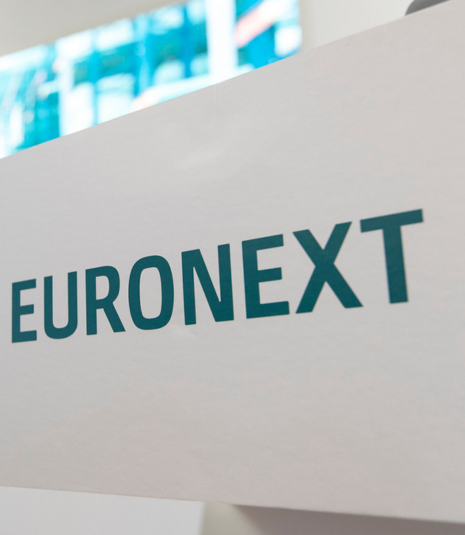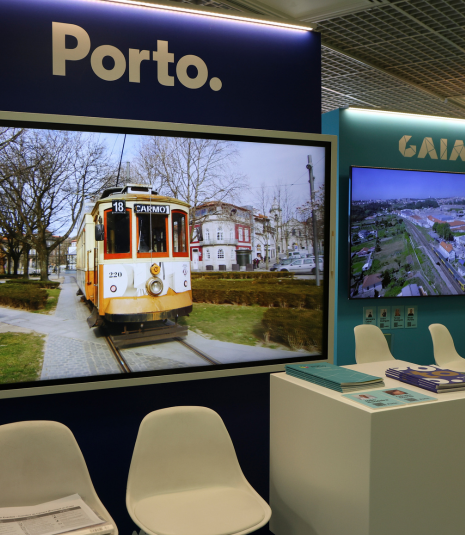Offices: Porto take-up rises by 65%

Office occupancy in the Porto market increased by 65% in June, compared to the previous month, in a total of 3,034 sq. mt. placed. The take-up accumulated since the beginning of the year remains 25% above last year, despite the pandemic.
According to JLL's Office Flashpoint, as a result of the behavior of June, Porto maintained its 2020 activity above the previous year. Between January and June, 25,581 sq. mt. of offices were placed at Porto, 25% more than in the first half of last year. At the end of May, the take-up accumulated since the beginning of the year was 10% above the same period last year.
Since the beginning of the year, 23 office occupation operations have been registered in Porto, with an average area of 1,112 sq. mt. The most active areas were zone 1 - CBD Boavista, with 37% of activity, and zone 6 - Matosinhos, with 21%. Demand was particularly dynamic in the "Business Services" sector, with 34% of the half-yearly absorption, and "TMT’s & Utilities", with 26%.
Mariana Rosa, Head of Office & Logistics Agency & Transaction Manager at JLL, points out that "at this moment, we are witnessing the completion of smaller operations, while the larger scale businesses are practically suspended, reflecting greater caution on the part of companies to move forward , at this stage, for expansion plans. Not only are companies less capitalized, but they still deal with a lot of uncertainty regarding the type of occupation to be adopted in their current spaces. Whether in Porto or Lisbon, it is important to realize that the demand has not disappeared and that, as we evolve in the measures of lack of definition, we are going to see a resumption in the search for new spaces”, he concludes.




